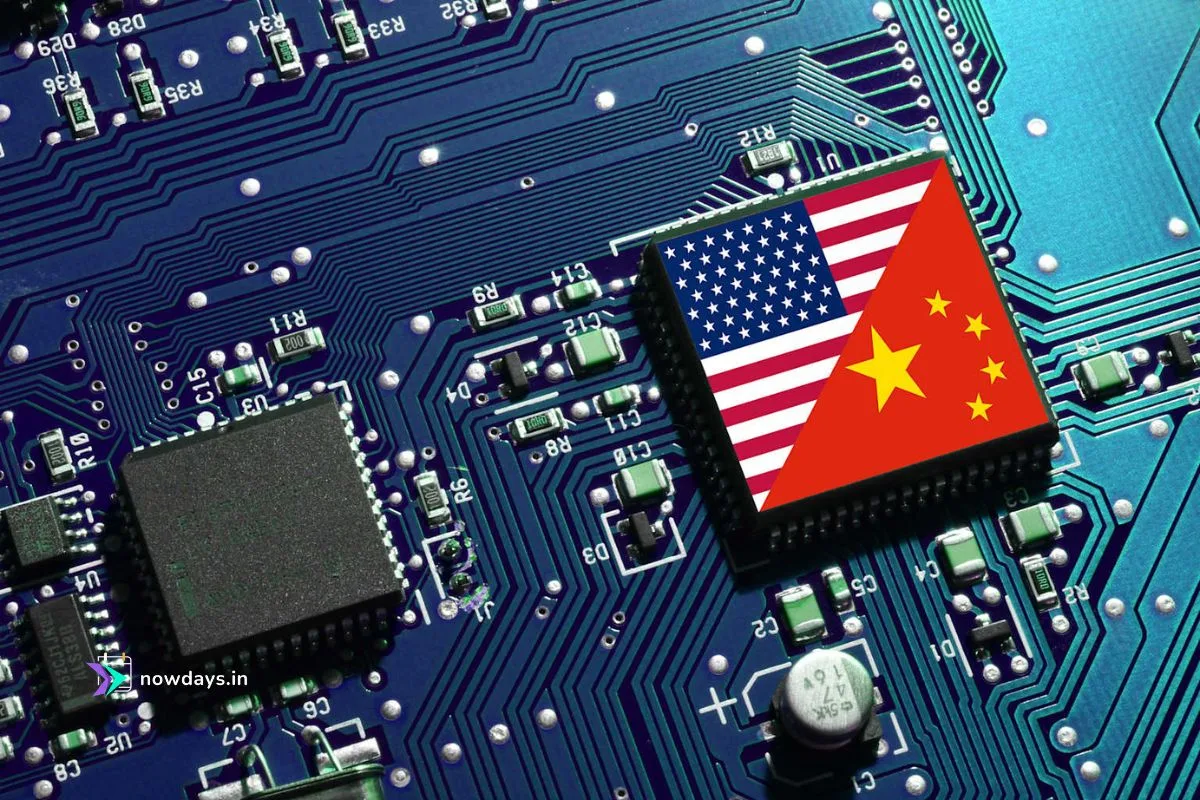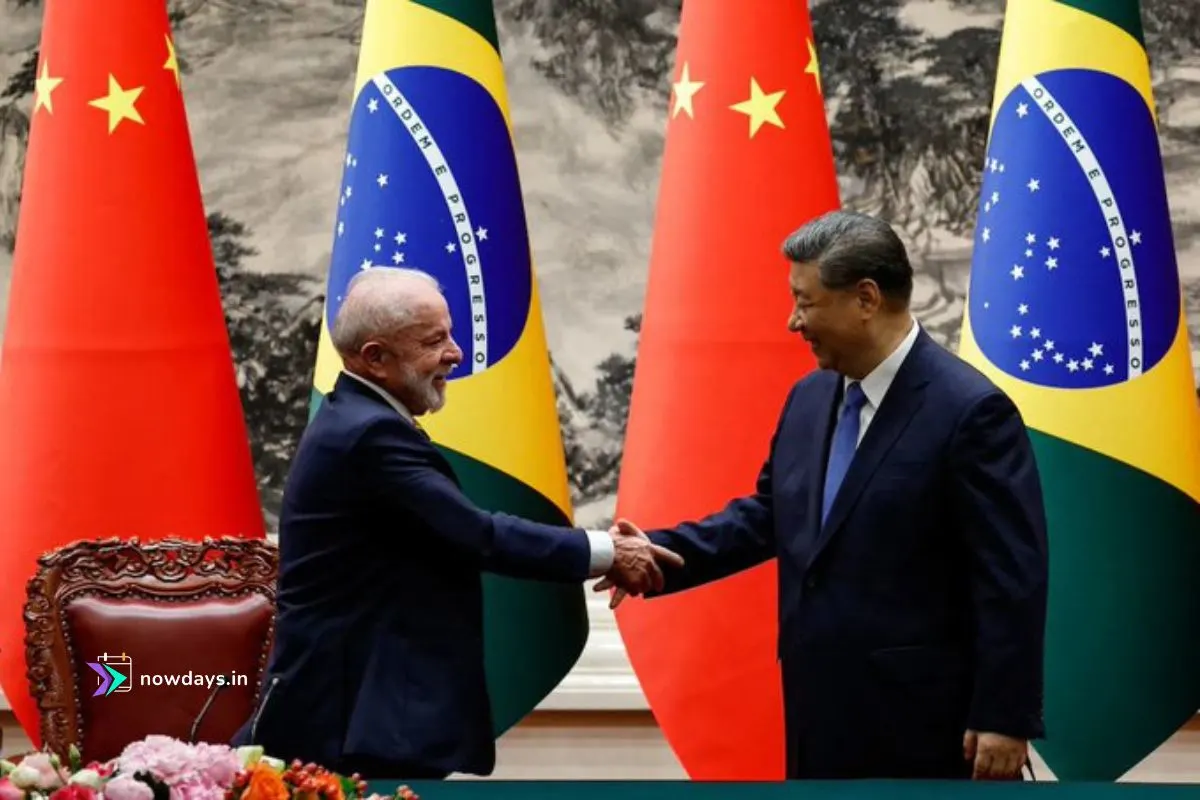In a significant escalation of the global semiconductor rivalry, Chinese regulators have directed major technology firms including ByteDance, Alibaba, and Tencent to pause acquisitions of Nvidia’s H20 artificial intelligence processors, pointing to potential national security vulnerabilities. The directive, issued amid ongoing U.S.-China trade frictions, underscores Beijing’s push for domestic alternatives and raises fresh questions about the future of cross-border tech supply chains.
The Directive: Scrutiny on Nvidia’s H20 Chips
Authorities from China’s Cyberspace Administration convened meetings with executives from these companies in recent weeks, demanding explanations for their reliance on Nvidia’s offerings instead of local options. Sources indicate that the focus is on the H20 model, designed specifically for the Chinese market to comply with U.S. export restrictions, but now flagged for risks like data leaks or unauthorized access. While not an outright prohibition, the guidance urges suspension until a security review concludes, effectively stalling new orders.
This comes shortly after the U.S. approved Nvidia’s resumed sales to China, albeit with a novel revenue-sharing clause where 15% of proceeds go to the American government. The timing suggests a retaliatory element, as Beijing seeks to bolster its semiconductor self-reliance amid escalating restrictions on advanced tech.
Affected Companies and Broader Tech Sector Fallout
The order impacts some of China’s largest players: ByteDance, owner of TikTok; Alibaba, a e-commerce and cloud computing powerhouse; and Tencent, dominant in gaming and social media. These firms have been key buyers of Nvidia’s AI hardware for data centers and machine learning, with potential disruptions to their innovation pipelines. Smaller entities like Baidu have also faced similar inquiries, signaling a wider clampdown.
Market reactions were swift, with Nvidia shares dipping in pre-market trading as investors weighed the loss of a lucrative market segment. Analysts estimate China accounts for a significant portion of Nvidia’s revenue, and this pause could shave billions from future sales if prolonged.
Expert Analysis: A Push for Self-Reliance Amid Trade Tensions
Security specialists view this as part of Beijing’s strategy to reduce dependence on foreign tech, especially after U.S. bans on advanced chips. In a Reuters commentary, experts note that state media has amplified narratives of Nvidia’s products being “unsafe,” framing them as tools for espionage. “This is Beijing’s way of retaliating without a full ban, encouraging a shift to Huawei and other domestic suppliers,” said a trade analyst in a Bloomberg report.
YouTube discussions on channels like those from the Asia Financial highlight concerns over backdoors in foreign chips, with one video analysis suggesting China’s actions mirror U.S. fears of Huawei’s 5G equipment. Economists warn of ripple effects: forced localization could slow AI advancements in China, but it might also accelerate homegrown innovations, narrowing the tech gap.
From a global perspective, Brookings Institution reports emphasize that such measures exacerbate the decoupling of U.S.-China tech ecosystems, potentially raising costs for consumers worldwide as supply chains fragment.
Economic and Geopolitical Ramifications
The suspension could hinder China’s ambitions in AI and cloud computing, sectors where Nvidia’s GPUs are pivotal. Experts predict a boost for local chipmakers like Huawei, which has ramped up production of alternatives amid sanctions. However, quality and performance gaps may persist, delaying projects in areas like autonomous driving and big data.
Geopolitically, this intensifies the chip war, with Trump’s revenue-sharing deal now at risk of becoming moot if sales dry up. A CNN analysis points out that it undermines U.S. leverage, as Beijing promotes its chips to allies in Asia and Africa. Long-term, it could lead to bifurcated global standards, complicating international collaboration.
In summary, China’s order reflects a calculated response to U.S. pressures, prioritizing security and self-sufficiency at the potential cost of short-term tech progress. As the standoff evolves, the global AI landscape hangs in the balance, with experts urging dialogue to avert further fragmentation.










